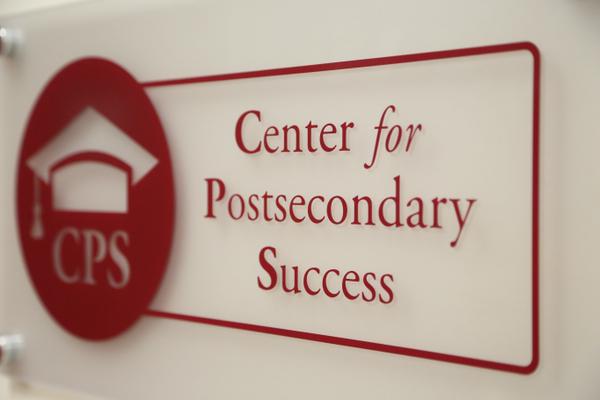 In 2013, state legislators aimed to reform developmental education in Florida by making it optional and requiring Florida College System institutions to redesign their course offerings among other changes. Developmental education programs have traditionally been required of college students who, based on results of placement tests, have been determined to lack adequate academic preparation for college coursework.
In 2013, state legislators aimed to reform developmental education in Florida by making it optional and requiring Florida College System institutions to redesign their course offerings among other changes. Developmental education programs have traditionally been required of college students who, based on results of placement tests, have been determined to lack adequate academic preparation for college coursework.
However, such approaches have been criticized because many developmental education students don’t make it through their required college gateway courses and fail to graduate as a result. The 2013 changes made both placement tests and developmental courses optional, allowing students to enroll directly in credit-bearing courses.
Now that two years have passed since Senate Bill 1720 was enacted, researchers have sought to answer a key question about the changes to the developmental education system in Florida.
Is it working?
Findings from a new study by researchers at Florida State University’s Center for Postsecondary Success show the results are mixed thus far.
“The early evidence of our research indicates some worrisome signs while also offering a cautiously optimistic outlook,” said Shouping Hu, the project lead and a professor in the FSU College of Education in a press release. “It is worrisome that a higher percentage of students did not pass the courses they took, but it is also encouraging to see that the overall share of students passing gateway courses increased after the reform, and the gaps along the line of race/ethnicity actually narrowed as well.”
A Chronicle of Higher Education blog summarized the findings as “good-news, bad-news.”
While it is true that more students are passing gateway courses overall, one author of the report cautions that incoming students who are markedly underprepared still need sound advisement on their options.
“The findings as a whole from our early analyses suggest that it is still important to advise students who are severely academically underprepared to take developmental courses instead of taking gateway courses without any developmental education support,” said Toby Park, an assistant professor in the FSU College of Education.
The study analyzed student data from the cohorts of first-time-in-college students attending the state’s 28 Florida College System institutions from 2009-10 to 2014-15.
The Center for Postsecondary Success has been studying the changes to developmental education since the changes began in 2014, interviewing college faculty, administrators and students attending Florida’s state and community colleges, as well as making site visits to the campuses.
The report can be found in its entirety on the Center for Postsecondary Success website.
